How do educators facilitate tough topics in the classroom?
How do we prepare students for civil discourse in a polarized society?
How do schools foster civic engagement in their communities?
Whether in the arts and humanities or STEM fields, in this polarizing climate, teachers need the support of organizations and experts to develop and facilitate curriculum that cultivates critical thinking.
CEI AS A SOLUTION
American Public Square believes our proven experience with the our Civics Education Initiative curriculum uniquely positions us to support teachers and increase available resources for civility training, especially in rural communities. The APS strategic plan sets forth the following mission: listen to educators, develop curriculum, and deliver customized civility training resources, and classroom strategies.
Specifically:
-
- Educators will experience the CEI curriculum, examine the science and support for 21st Century civic education, receive instruction and resources to implement CEI in their own classroom.
- APS will engage regional and national experts to develop and produce high quality professional development experiences so that teachers will leave with strategies and curriculum they can easily plug into existing lesson plans or develop new lessons to complement existing units.
On July 18-20, APS is hosting a civics education workshop for local educators.
Designed especially for high school education instructors, this 2-day workshop will give educators the tools to improve the quality and breadth of student engagement in class discussions, foster curiosity as the driver of learning, help students feel more connected to the school community, and create a more resilient, cohesive class environment—all while improving academic performance. APS, will collaborate with Essential Partners (EP) in the development and presentation of workshop materials and activities.
EP’s Dialogic Classroom framework has empowered hundreds of educators across the United States to lead more open, engaging classrooms. The building blocks to a dialogic classroom can be adapted to course and teaching style, whether it’s a science course or a civics class.
In a Dialogic Classroom, students will develop stronger communication skills within a framework that reinforces key pillars of trauma-informed teaching. They’ll practice the tools to navigate differences of values and identities, which will be necessary to succeed in a diverse college or career context. And they will gain civic skills that empower them to participate fully in their democracy.
The benefits of EP’s Dialogic Classroom approach have been broad and deep. Our research has found measurable outcomes, including:
-
- Better retention of the course content
- More consistent, constructive class participation
- Greater social and emotional competency
- The ability to hold conversations across differences
- A stronger sense of community belonging
This workshop teaches the Dialogic Classroom pedagogy by walking participants through the design of a dialogic lesson plan for use in their classrooms. Participants should come with a class lesson or unit in mind to use during the workshop.





